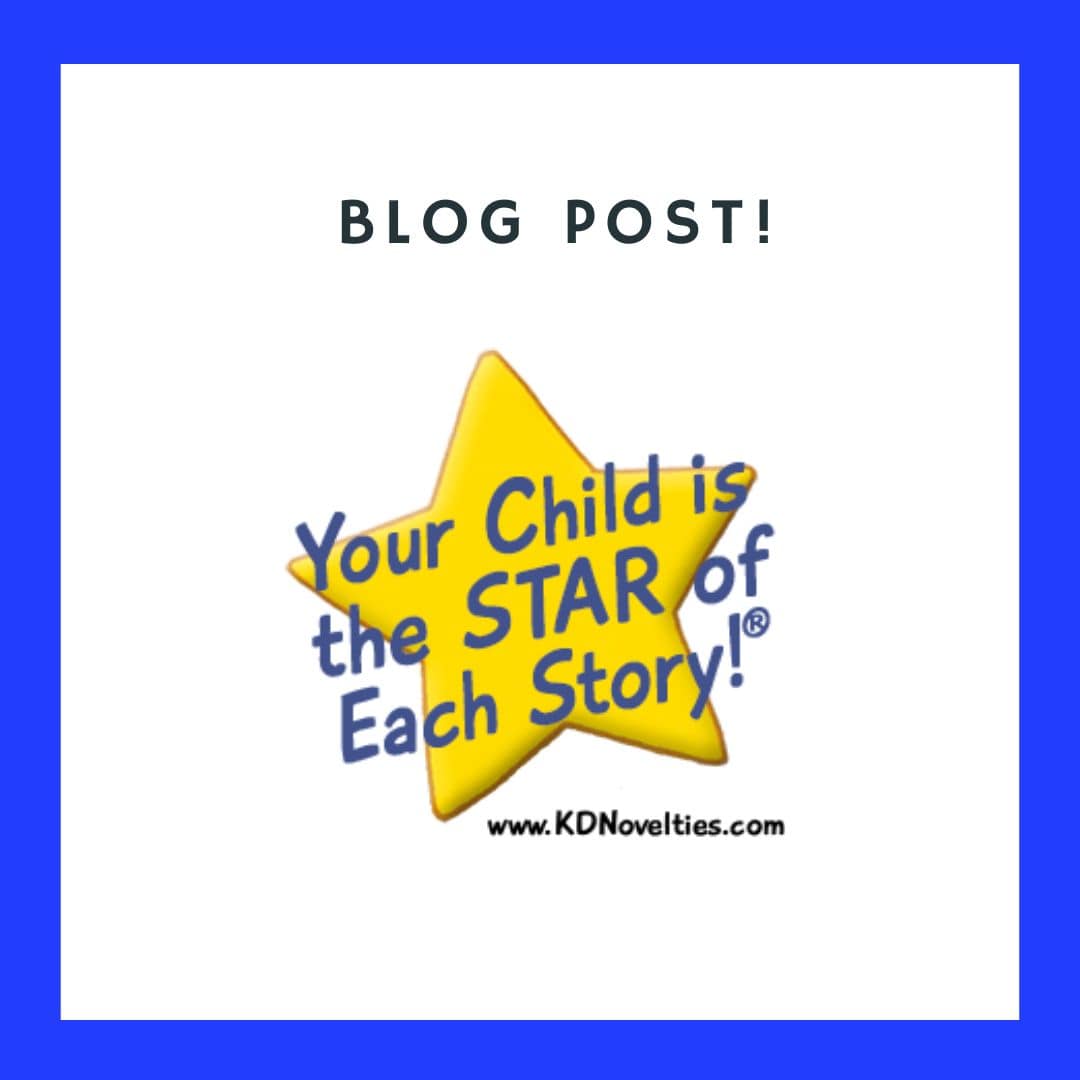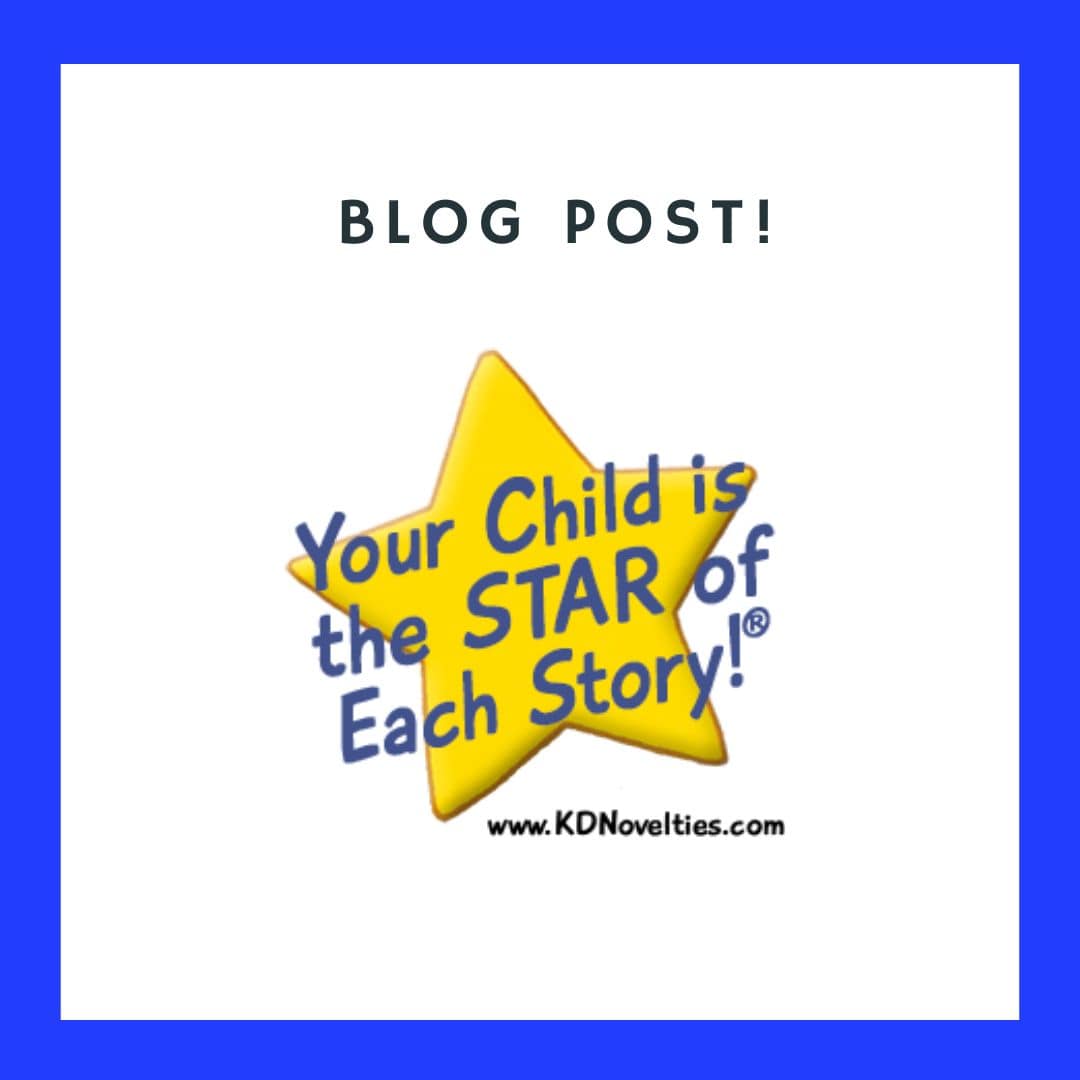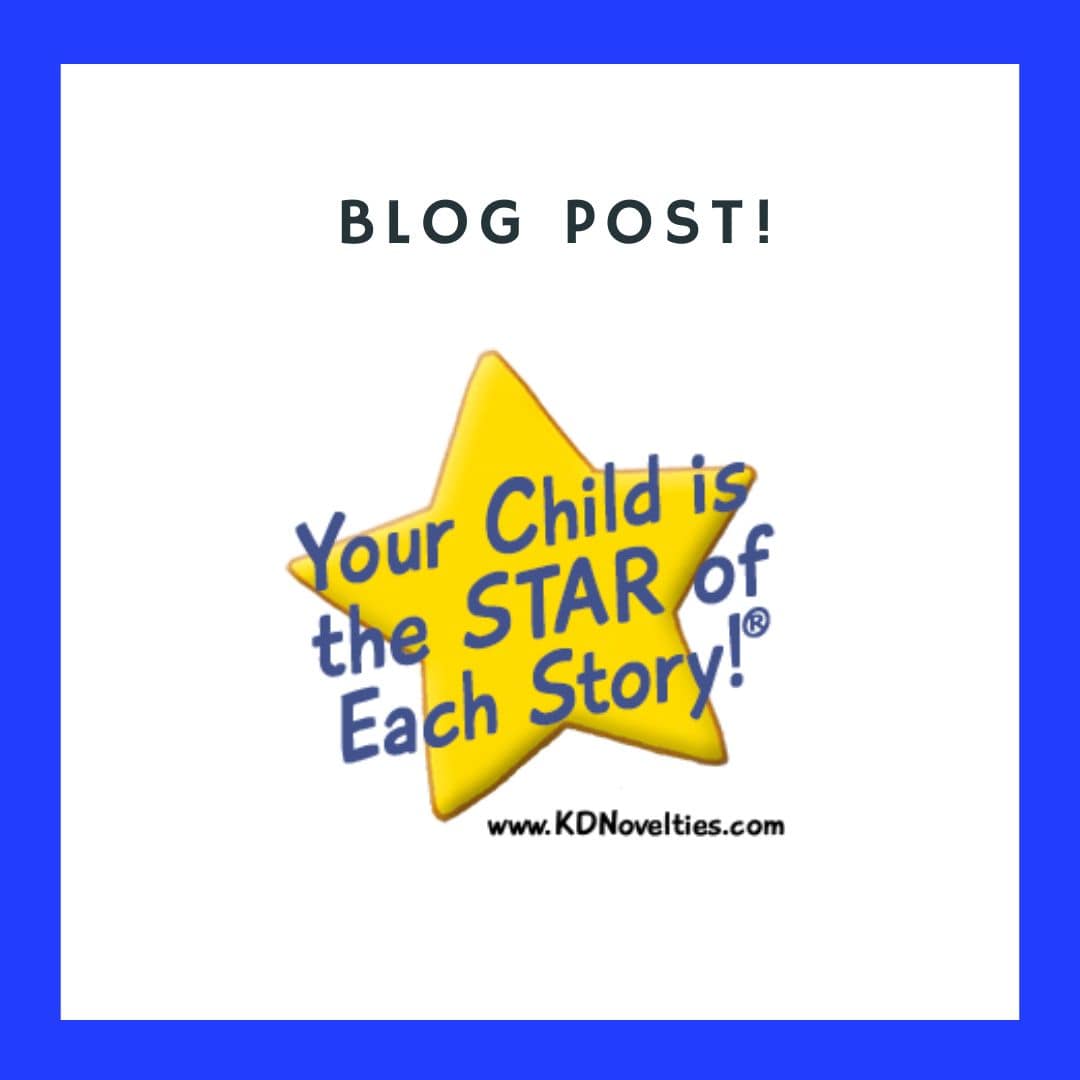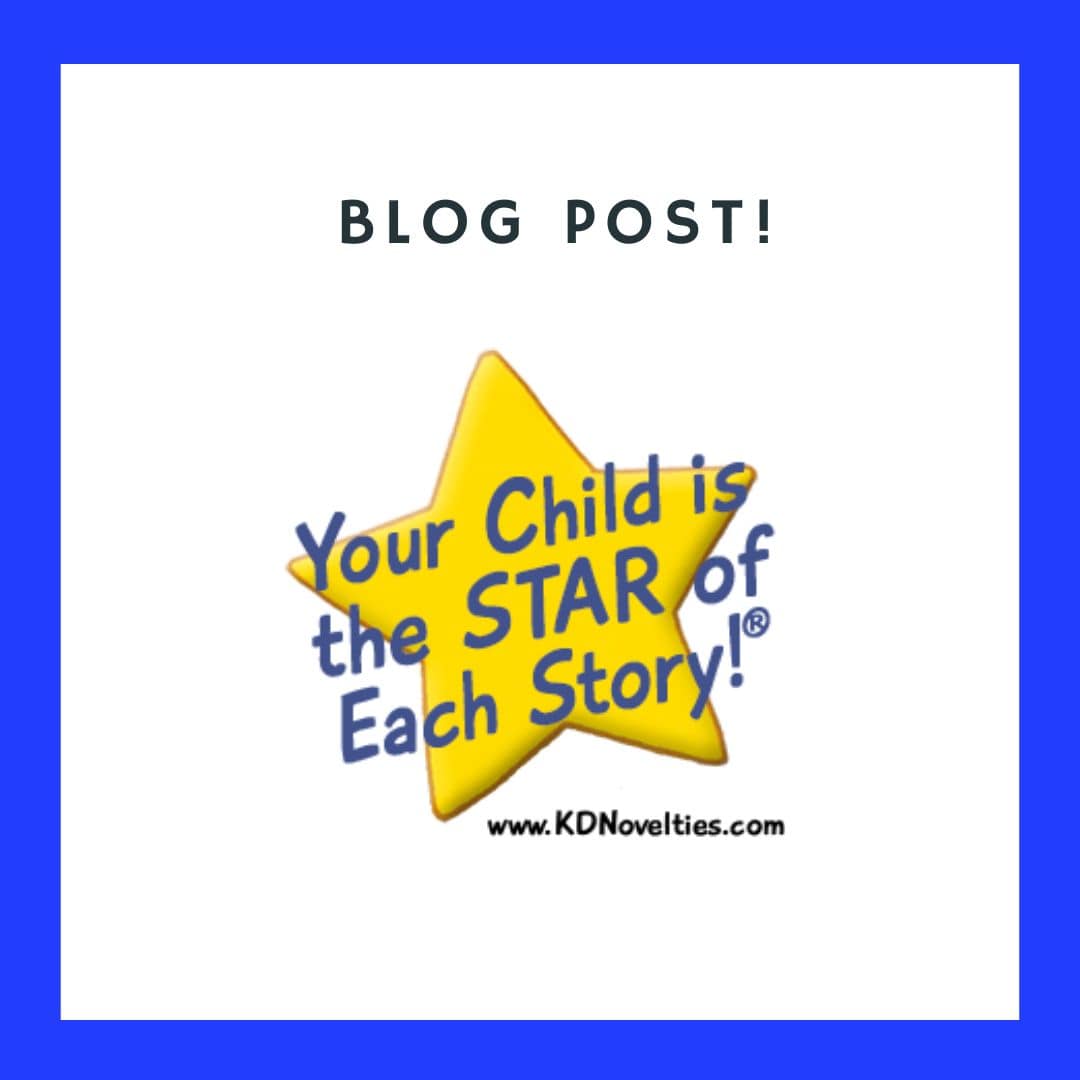How To Find the Right Books for Your kids
How to find the right books for your kids can be challenging. Getting your child to read is important. Whether they happen to already love reading or need a nudge in the right direction, a lot still hinges upon your ability to choose the right book for them to read. There are a few things that parents can consider when choosing an appropriate book for their child.
Why Are They Reading?
Is your child reading for fun? Are they looking to learn a new skill or about a new subject? Are they dealing with a difficult challenge right now? Do they have a book report due? These are all important things to consider when choosing an appropriate book. A fun fiction story can be great for bedtime or for a book report, but if your child is interested in a specific topic then finding a book on that subject, is a better choice.
Are They Interested?
Interest can be gauged by looking at their reason for reading, as well as a few other things. Finding a book on a relevant topic or in a genre of interest is a good place to start. You’ll also want to consider things like the cover design, the chapter titles, or any illustrations if present. If your child happens to be interested in a specific thing, like horses for example, you can find books on that topic. In addition to just nature books about horses, you can also consider fiction books that feature horses, farm related books, books about horse riding, and more.
Be creative and unique. Getting personalized children’s books can also help with their interests. In going with the example above, getting a personalized book about farm animals can truly spark their interest. A personalized book makes the child the main character, coupled with their interest in a specific topic, will make for a pleasurable reading experience.
Is It at Their Reading Level?
It’s also vital to make sure that the book you choose is in line with your child’s reading skills. Some kids’ books, especially in libraries, have a label that outlines what reading level or grade they are appropriate for. If that is not the case, your child can simply open up the book and glance at a few pages to get an idea of whether they are able to comprehend the book on their own.
One way to determine this is to use the “Five Finger Rule“, which is a basic outline of how many words a reader should be able to read (and can learn) on each page:
• 0-1 unknown words = book is too easy
• 2-3 unknown words = book is just right
• 4-5 unknown words = book is too difficult



